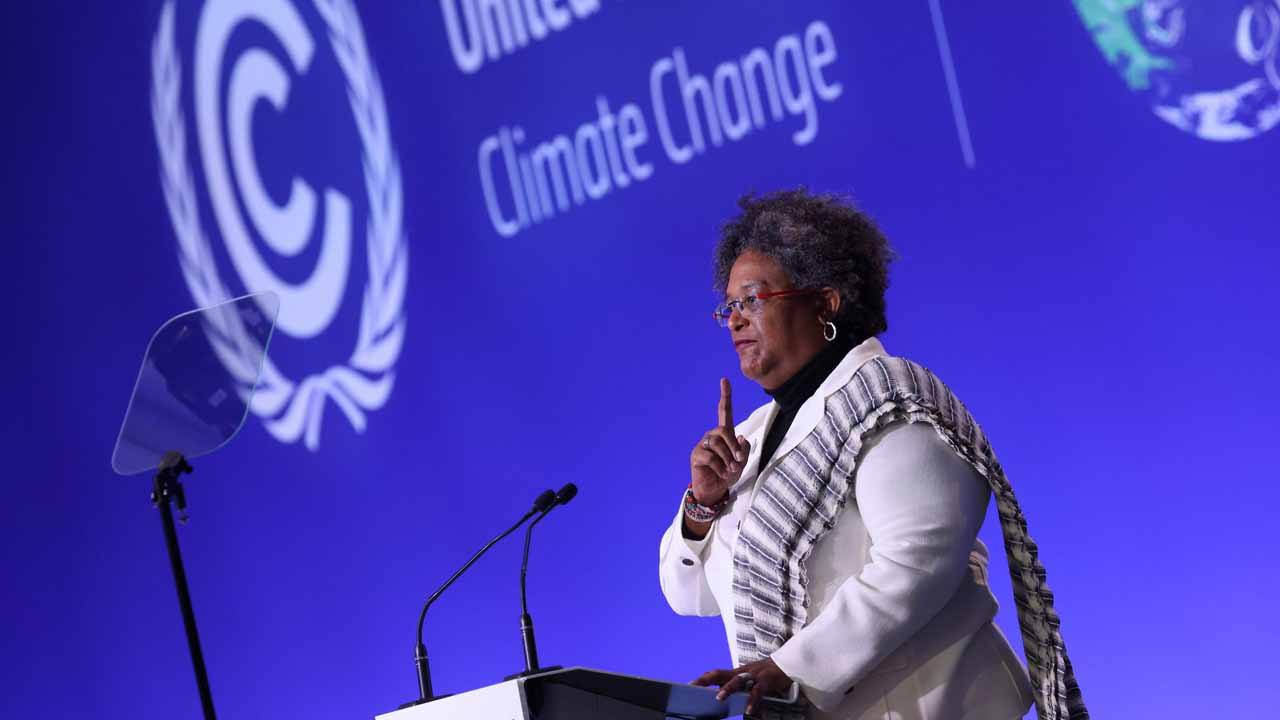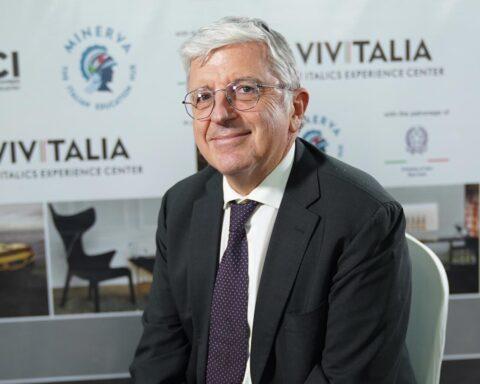Barbados Prime Minister Mia Mottley, scientist Gladys Kalema-Zikusoka from Uganda, The Sea Women of Melanesia from Papua New Guinea and the Solomon Islands, and entrepreneur Maria Kolesnikova from the Kyrgyz Republic have won United Nations’ highest environmental honour for 2021. This year, UN Environment Programme (UNEP) has chosen all-female Champions for their impact and leadership in advancing bold action on behalf of people and the planet.
The Champions of the Earth Award recognises laureates in four categories: Inspiration and Action, Policy Leadership, Entrepreneurial Vision, and Science and Innovation. The champions inspire, defend, mobilise and act to tackle the greatest environmental challenges of the current time, including ecosystem protection and restoration, said UNEP in a statement.
Honoured in the Policy Leadership category, Prime Minister Mia Mottley led Barbados to adopt ambitious renewable energy targets, committing to a fossil-fuel-free electricity and transportation sector, by 2030. A group of indigenous women, The Sea Women of Melanesia have won in the Inspiration and Action category, for their initiative to train local women to monitor and assess the impacts of widespread coral bleaching on some of the world’s most endangered reefs using marine science and technology.
Gladys Kalema-Zikusoka, from Uganda, the Science and Innovation category winner, is the first-ever wildlife veterinarian of the Uganda Wildlife Authority and a world authority on primates and zoonotic diseases. As the CEO and founder of Conservation Through Public Health (CTPH), she leads the implementation of three integrated strategic programmes. Maria Kolesnikova, honoured in the Entrepreneurial Vision category, is an environmental activist, youth advocate and head of MoveGreen, an organisation working to monitor and improve air quality in Central Asia.
This year’s awards highlight the UN Decade on Ecosystem Restoration, which runs until 2030, coinciding with the deadline for achieving the Sustainable Development Goals. According to UNEP, by halting and reversing the degradation of terrestrial and aquatic ecosystems, the world can prevent the loss of one million endangered species. Scientists say restoring only 15 per cent of ecosystems in priority areas and improving habitats can cut extinctions by 60 per cent.
Since its foundation in 2005, the Champions of the Earth award has distinguished 101 laureates, including 25 world leaders, 62 individuals and 14 organisations.

























